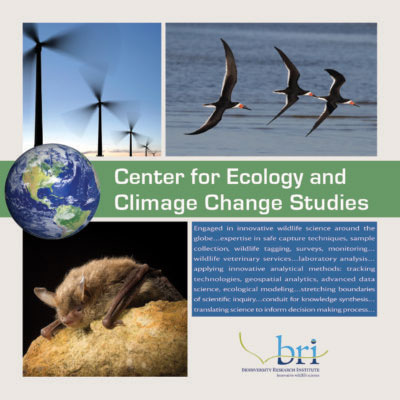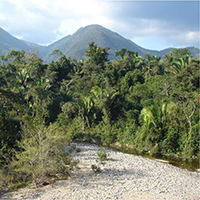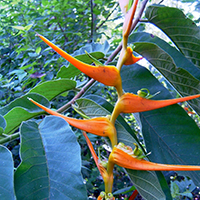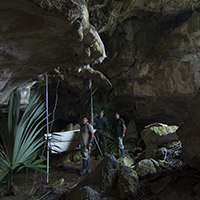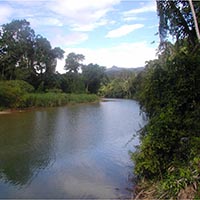Research Areas in the Tropical Program
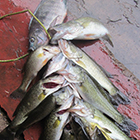
Fish & Human Health
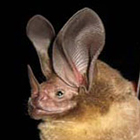
Bats as Indicators of Ecosystem Health

Neotrpocial
Connections
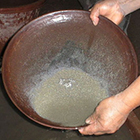
Artisanal and Small-scale
Gold Mining
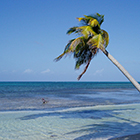
Mesoamerican Barrier Reef
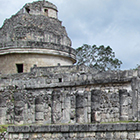
Mexico
Breaking News
Biodiversity Research Institute (BRI) announces the publication of the scientific paper Amazon forests capture high levels of atmospheric mercury pollution from artisanal gold mining in the January 28 issue of Nature Communications. In this new study, an international team of researchers show that illegal gold mining in the Peruvian Amazon is causing exceptionally high levels of atmospheric mercury pollution in the nearby Los Amigos Biological Station.
The Tropics refers to the equatorial region of Earth that extends across five continents, including parts of Central and South America, Africa, Asia, and Australia, and includes marine ecosystems between the Tropics of Cancer and Capricorn. Tropical ecosystems are synonymous with biodiversity. Nearly two-thirds of all known species inhabit these dense rain forests, tropical savannas, coastal mangroves, and rich coral reefs.
Ecosystem Health in the Tropics
The health of tropical ecosystems is being impacted by multiple stressors ranging from deforestation and the degradation of habitats to climate change. The conservation of these ecosystems is one of the greatest ecological challenges the global community will face in the coming decades. BRI and the Tropical Program contribute to this effort through participation in collaborative research and conservation initiatives designed to identify new and emerging stressors and to inform stakeholders and policymakers about our science.
Featured Project: The Tropical Research for Avian Conservation & Ecotoxicology (TRACE) Initiative: an international collaborative network of nonprofit conservation organizations, universities, bird monitoring stations, and trace elements laboratories that informs tropical bird conservation efforts through ecotoxicological monitoring.
Fish and Human Health
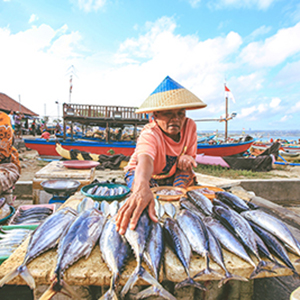
Fish consumption is the primary pathway through which humans become exposed to mercury. BRI’s Tropical Program works with local researchers in multiple countries to identify ‘hotspots’ of mercury accumulation where mercury concentrations represent a risk to human and ecosystem health.
Representative research projects with a focus on fish and human health
Artisanal and Small-Scale Gold Mining

Artisanal and small-scale gold mining (ASGM) is the largest single source of mercury emissions in the world, representing nearly 40 percent of all global emissions. BRI works with the U.S. Department of State and international partners to identify techniques that will improve mining efficiency while also reducing the reliance on mercury to extract gold
Representative research projects with a focus on ASGM
- ASGM Overview: Understanding the Use, Release, and Effects of Mercury in Artisinal Gold Mining
- ASGM training resources for reducing mercury use and release in South America
- Integrated assessment of water sustainability, infrastructure inequality, and health in ASGM communities in Ghana
- Reducing mercury use in ASGM in Indonesia
Larger than Elephants
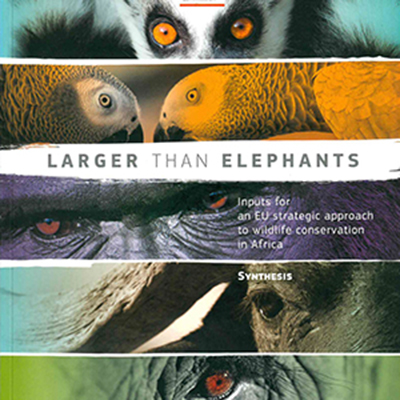
BRI’s Tropical Program is expanding its footprint in Africa. One of the key projects is our collaboration with the Biodiversity for Life (B4Life) Facility of the European Commission (EC) to revise their Strategic Approach for Africa, a project called Larger than Elephants. This is the first revision of the EC’s series of strategic approaches that includes Asia (Larger than Tigers) as well as Latin America and the Caribbean (Larger than Jaguars).
Bats as Indicators of Ecosystem Health

Our research with tropical bats incorporates traditional ecological approaches for understanding population and community composition as well as ecotoxicology and exploring the utility of bats as bioindicators of heavy metal contamination in tropical ecosystems.
Representative projects with a focus on baths and ecosystem health:
- Network of neotropical bat monitoring stations
- Roosting behavior of Honduran bats
- Using bats to monitor ecosystem change near artisanal gold mining areas
Other Tropical Biomonitoring Projects
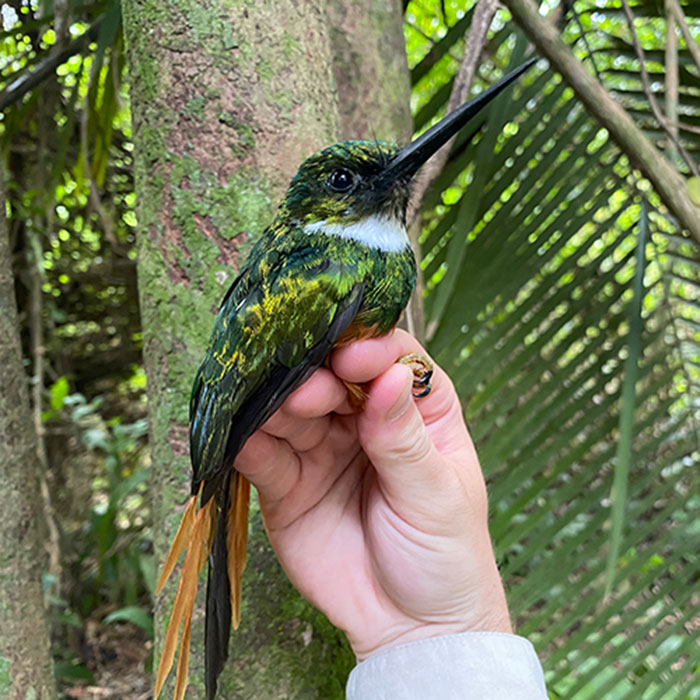
BRI’s Tropical Program is involved in a wide variety of research and conservation initiatives intended to improve our understanding of how environmental contaminants impact ecosystem health in the tropics. Many of these initiatives are interdisciplinary in nature and include collaborators from national agencies within tropical countries as well as local and international conservation organizations.
Examples of these projects include:
- The Tropical Research for Avian Conservation & Ecotoxicology (TRACE) Initiative
- Limpia Guerrero 2013: A Pilot Study of Environmental Contaminants in México
- Mercury in Terrestrial Birds of Belize
- Mercury concentrations in the goliath grouper of Belize: an anthropogenic stressor of concern
- Assisting with the Birds Without Borders program at Runaway Creek Nature Reserve, Belize

